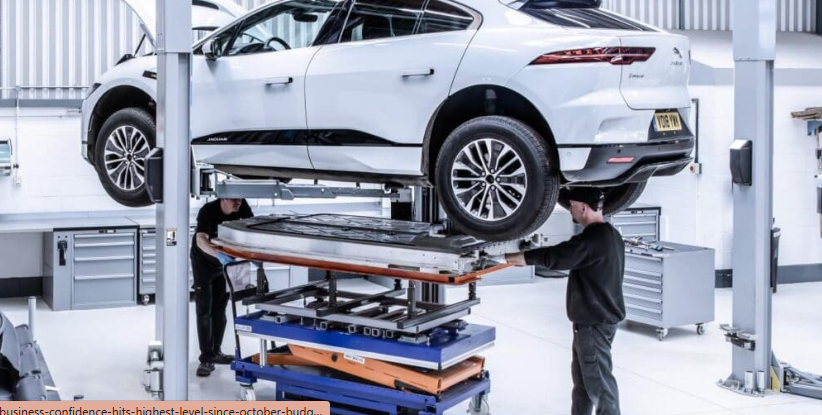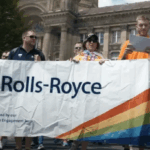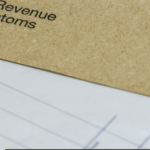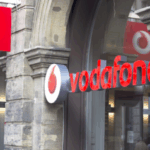Jaguar Land Rover (JLR) has restarted exports of its luxury vehicles to the United States, ending a near month-long suspension prompted by President Trump’s newly imposed 25% tariffs on imported cars.
The first shipments since April 7 departed the UK on Wednesday, marking the company’s cautious return to its most lucrative export market. The decision comes despite no breakthrough in trade negotiations between the UK and the U.S., and growing concern that Britain is being deprioritised in Washington’s trade strategy.
“The U.S. is an important market for JLR’s luxury brands, and 25 per cent tariffs on autos remain in place,” a spokesperson for the company said. “As we work to address the new U.S. trading terms with our business partners, we are enacting our planned short-term actions.”
While JLR has not disclosed why it chose to resume exports now, analysts suggest the move reflects a recognition that tariffs are unlikely to be lifted soon. Rather than risk losing market share, the company appears willing to absorb or pass on the increased costs — which could raise the price of some Range Rover models by as much as $27,000.
JLR, which is owned by India’s Tata Motors, is the UK’s largest car manufacturer and heavily reliant on the U.S., which accounts for £6.5 billion of its £30 billion annual revenue. The U.S. market takes about 25% of JLR’s global sales, making it a cornerstone of the company’s business.
The resumed shipments are expected to reach American dealerships by May 20, well before any prospective trade deal could be finalised. The company previously explored U.S.-based manufacturing to mitigate tariff risks but has continued exporting from Europe — a strategy now under renewed scrutiny.
Other UK luxury automakers, including Aston Martin and Rolls-Royce, are also affected by the tariffs. However, their higher price points and more exclusive customer bases make them somewhat less vulnerable to consumer price sensitivity than JLR’s broader luxury SUV lineup.
The UK government, led by Prime Minister Keir Starmer, is under mounting pressure to secure a bilateral trade deal with the U.S. Chancellor Rachel Reeves faces the added challenge of stabilising the economy amid Brexit-related volatility and capital outflows from non-dom tax changes.
Industry leaders warn that the longer the UK remains outside the front line of U.S. trade talks, the greater the risk of production shifts and long-term competitiveness erosion in the British auto sector.
“For now, JLR’s return to the U.S. market is a necessary step,” said one industry executive. “But if tariffs stay and trade negotiations stall, strategic decisions about where to build and sell cars will follow.”










